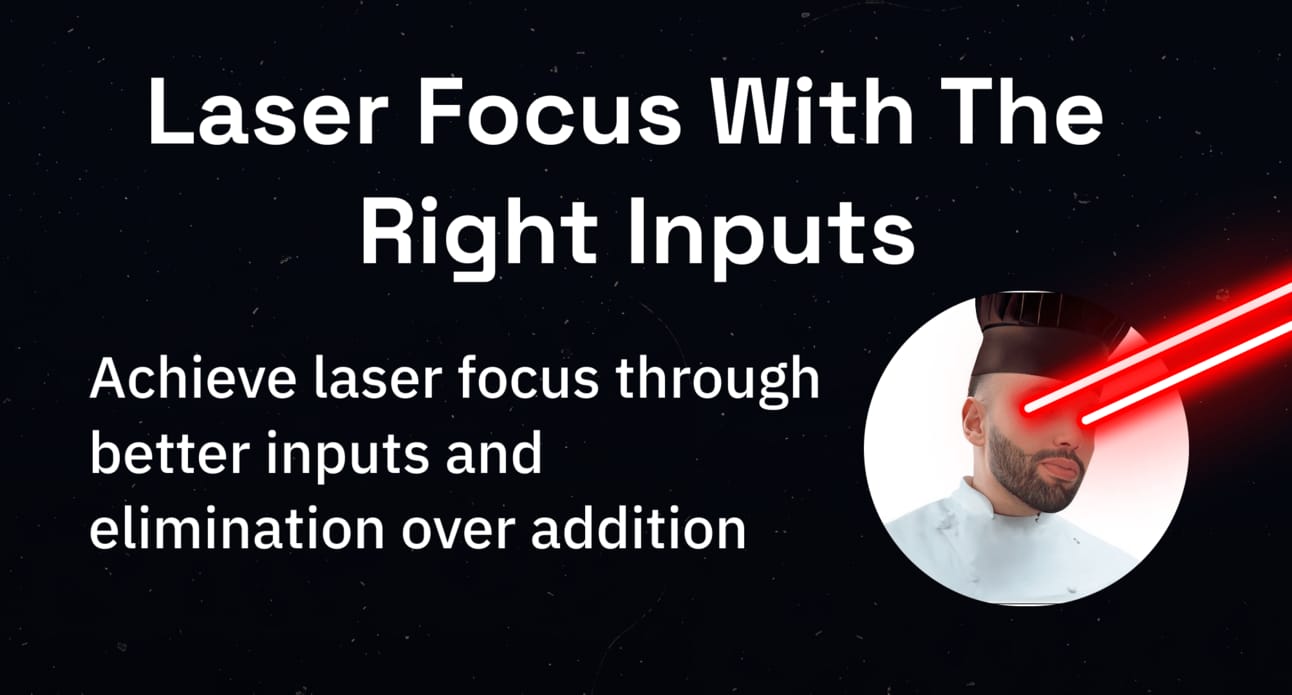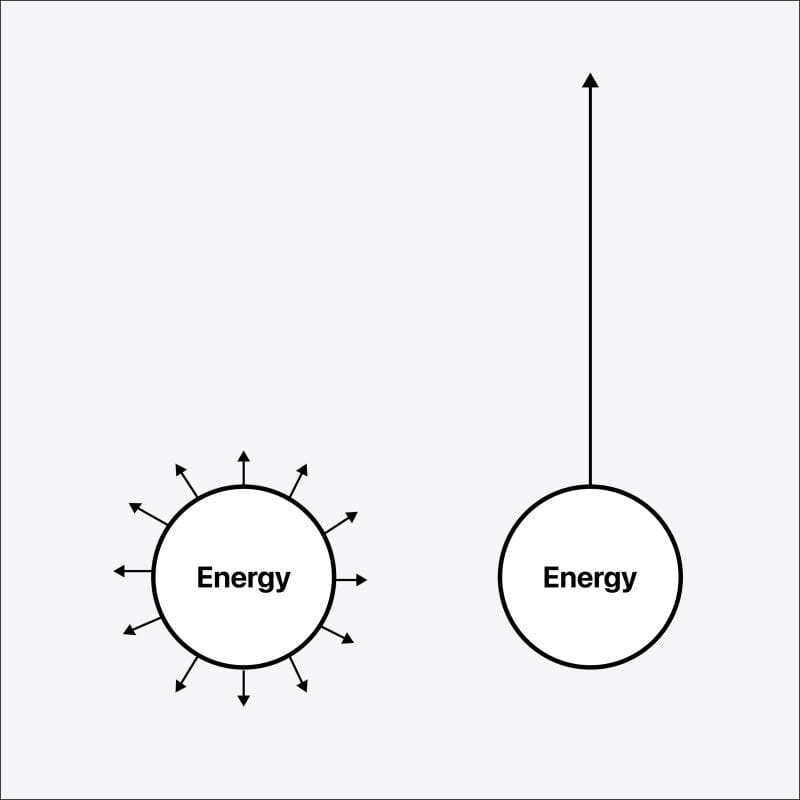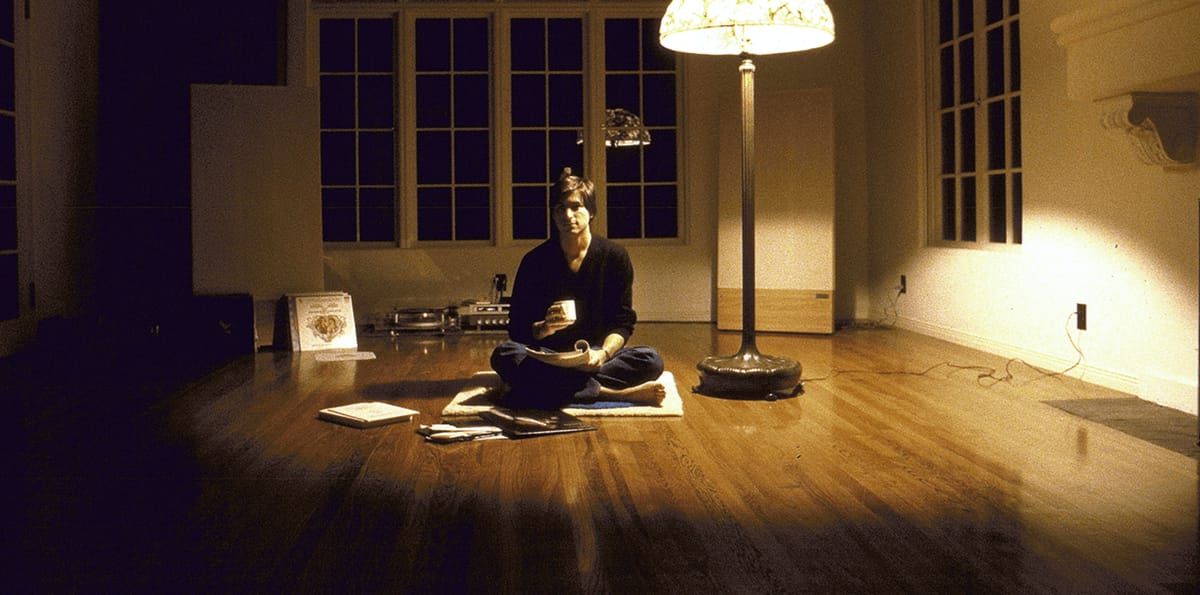- The Growth Recipe
- Posts
- Achieve laser focus through inputs and elimination over addition
Achieve laser focus through inputs and elimination over addition
Read time: 5 minutes

It’s not all about the tricks and tips to better your craft. This guide will show you 3 ways to achieve laser focus to produce better outputs.
1. The inputs are an essential contributor to your outputs.
I watched a chef documentary recently as I was quite curious. It showed the difference between bad chefs and the best chefs.
I thought the best chefs are really good at preparation, they've got different methodologies or different tactics or different actions they take.
Instead, I figured out that the best chefs in the world were the best at sourcing the best ingredients (the inputs). Basically:
Ingredients (Inputs)
Chef
Meal (Outputs)
What it means is that outputs derive from inputs.
Then the quality of the inputs here determines the quality of the output. In tech terms - "if you put garbage in you'll get garbage out”.
Focus on the inputs that produce the best quality work possible in your craft. This encourages you to think differently and how you achieve the best possible results.
For example, try to look at inputs like:
Different projects or problems or challenges you've worked on where you've had different experiences have taught me a lot of lessons
Books (the right ones) were great sources of information
Courses, your output your results and your ability now and your skill level
Network, the quality of the inputs that you have been in contact with over your life
Good results are driven by many factors, and input is certainly one of the most important.
Input refers to all of the resources and effort that you put into your work. They can help you to achieve your goals more effectively.
Step 2: Instead of doing many things half-heartedly, do 1 or 2 things properly.
Get more quality work done by focusing your energy on the consistent and focused pursuit of less but better.

It’s the difference between a millimetre of progress in a million directions and significant progress in what matters most.
It’s not about being more efficient or doing more with less.
It requires stopping regularly to ask yourself whether you’re spending your time and resources on the right things:
1. You have numerous opportunities and options to choose from:
You can’t invest your time and energy in all of them. If you try to do many things at the same time, you're going in multiple directions.
If you do too many, you do none of them well. You end up feeling out of control, overwhelmed, and exhausted.
2. It’s doing the right things as opposed to doing more things:
Before eliminating, you decide your intent or purpose. The highest contribution you’re trying to achieve.
Focus on a few important things, so you're headed in one clear direction.
Make significant progress on them.
Make tough trade-offs between what you do and don't do.
3. Once you find what's essential, remove obstacles
Stop and ask yourself what matters most. You remove hurdles so projects develop their own momentum.
→ The outcome?
You do outstanding work
Get the right things done
Feel in control and energised
Step 3: Eliminate over-addition
Cool fact, Steve Jobs lived in an empty house. This makes you think about what you should really focus on.

Here's why you should think like this:
According to the biography of Steve Jobs, he pretty much lived a like spartan for most of his life. He was excessively strict about every aspect of his life, like his home, which he never fully furnished. It only contained:
Chest of drawers
Mattress
Card table
Folding chairs for guests
He was pretty much after extreme levels of focus and clarity - no distractions.
Saying no to many things, just so you can focus on the things that matter the most, requires a tremendous amount of discipline.
By stripping off all the things that don’t add value, you can achieve 'more with less.
You don't need to go as extreme as Steve Jobs. Instead...
Remove as many distractions as possible from your workstation. My Example:
Minimal desk set-up - only relevant items
No phone on the desk (big one)
Desktop has all items organised into folders
4 chrome tabs max per browser window
5 icons max on MacBook dock
I remove anything that clogs or clutters my mind. Remove things from your environment that leads to “decision fatigue”
The more things in your environment = The more decisions = the fewer quality decisions.
This means you’re going to be less productive and less efficient. Focus and channel your energy into your work. Leading to higher-quality output which compounds over time.
Well, that’s it for now. If you’ve made it this far, thank you.
I hope this is of value to you,
Rachid